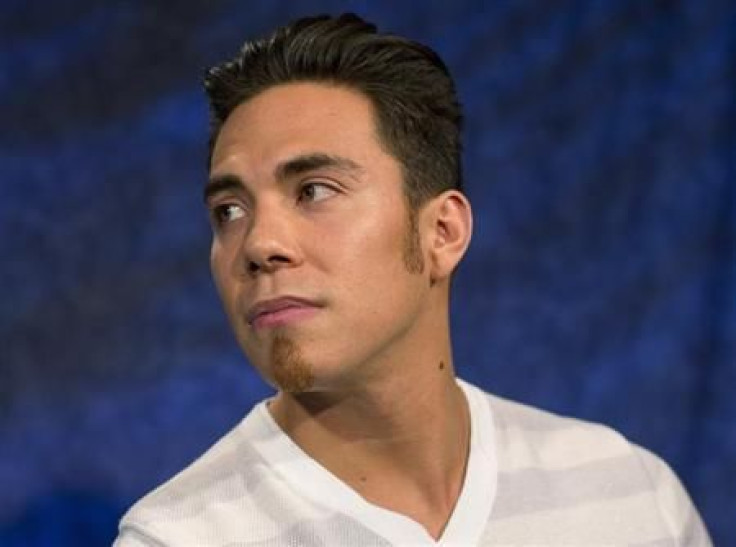Ohno Rules Out Sochi, Says Career Is over

American Apolo Anton Ohno has confirmed he will not compete at next year's Sochi Winter Olympics and has effectively retired from short-track speed skating.
Although Ohno, the most decorated U.S. Winter Olympian, had been reluctant to speculate on his future, he told Reuters on Wednesday his days of competing were all but over and that he intended to pursue a broadcasting career.
"I'll be in Sochi but I definitely won't be trying out. I'll be with NBC," he said.
"There's been no official retirement party, I've not had a press conference to say I'm retired but it's pretty safe to say."
Ohno has not competed since the 2010 Vancouver Olympics but has continued training to give himself the option of trying to make the United States team for Russia.
He still has time with the U.S. team for Sochi yet to be picked but, after weighing his options, said he had finally made up his mind to go as a broadcaster instead.
"In the back of my head I had reservations about saying yes or no because I am a competitor, I am an athlete," he said.
"I love to compete and I love to train and I love the lifestyle of an Olympic athlete and I love what it means to call yourself an Olympic athlete.
"But there comes a time in every single man and woman's life where you are able to be happy about your existing career. And I've accomplished all my goals."
An icon of his sport with his trademark bandana and goatee, the 30-year-old Ohno retires with eight Olympic medals, one more than retired speed skater Bonnie Blair.
Ohno won gold in the 1,500 meter final at the 2002 Salt Lake City Olympic Games as well as silver in the 1,000m when he was involved in a mass pileup.
He won three medals, including gold in the 500, at the 2006 Turin Olympics then another three medals, a silver and two bronze, at Vancouver, just north of Seattle, where he grew up.
HEALTH CONDITION
He has forged a career in television, as a winning competitor on "Dancing with the Stars," and now as host of his own game show, but has recently taken on a new role, as the public face for a major campaign on a health condition he had long kept secret.
Throughout most of his career, Ohno battled exercise-induced bronchospasm or EIB, a condition that makes it hard to breathe, but he kept his illness to himself.
He was obliged, under the Olympics tough doping regulations, to disclose medications he was using and that he was suffering from EIB but he never spoke about his condition, until now, when he agreed to join forces with Teva Respiratory on a national awareness campaign.
"I didn't speak about it all," he told Reuters. "First of all, I didn't know many people had exercise-induced bronchospasm. And secondly, I wasn't comfortable at the time talking about it.
"As an athlete you're taught to show no weaknesses ... like there's an invisible shield around you." With his career now over, Ohno said he was comfortable opening up about the condition, which he said had no impact on his performance once he was diagnosed and he began treatment.
"I had one of the most severe cases of EIB but immediately after I began treatment, I noticed a huge difference in my performance and I felt like I was competing on a level playing field."
(Reuters)
© Copyright IBTimes 2024. All rights reserved.











